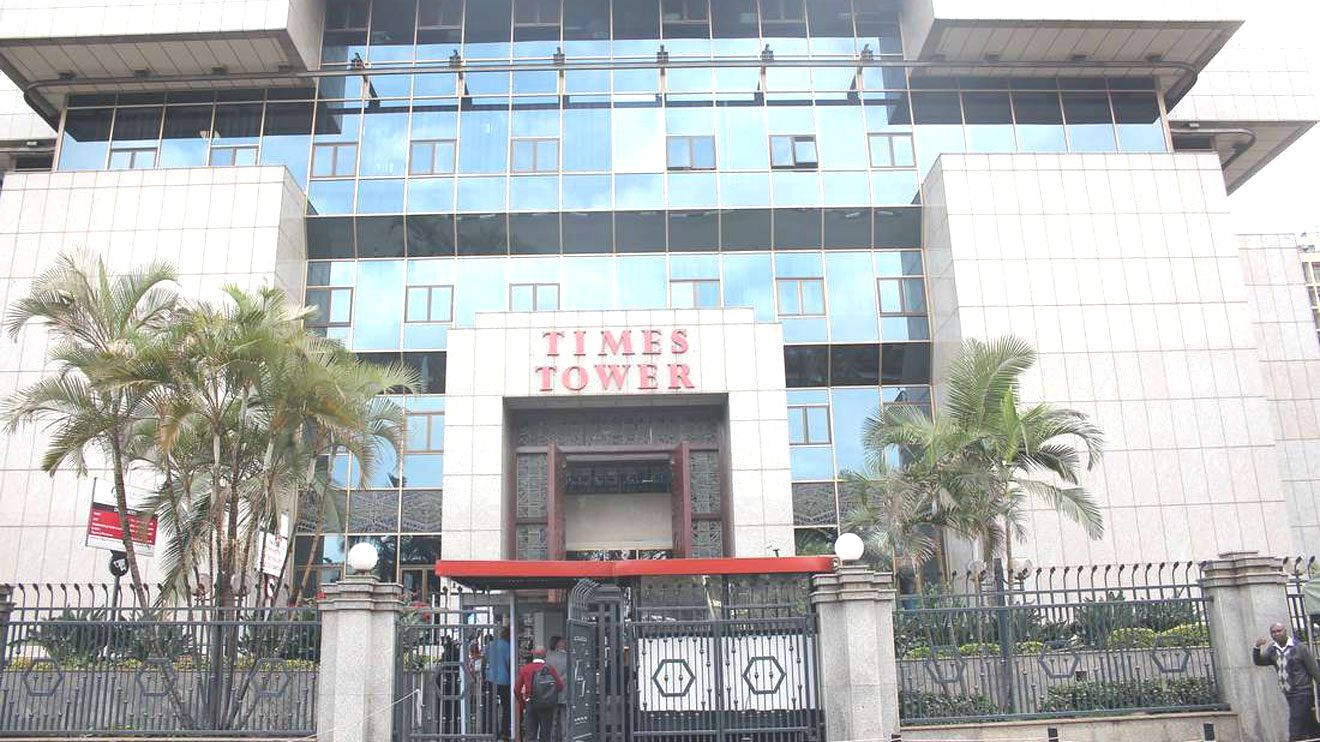Kenya Revenue Authority (KRA) has recorded an increase in revenue by 11.1 per cent in the Financial Year 2023/2024 up from 6.4 per cent in the previous financial year.
The authority collected KSh2.407 trillion compared to KSh2.166 trillion in the previous financial year.
KRA says the performance translates to a performance rate of 95.5 per cent against the target.
The Authority said in a statement that the exchequer revenue grew by 9.5 per cent after KRA collected KSh2.223 trillion compared to KSh2.030 trillion collected in the previous financial year. This translates to a performance rate of 95.8 performance.
The Authority said the year under review was characterised by multiple economic shocks.
“The economic shocks included depreciation of the Kenya Shilling against the US Dollar, rising bank lending rates and international conflicts that disrupted supply chains, among others. These factors affected revenue mobilization efforts,” the statement reads.
KRA collects revenue on behalf of other government agencies, mainly at the ports of entry. These include Road Maintenance Levy, Air Passenger Service Charge, Aviation Revenue, Petroleum Development Fund, Petroleum Regulatory Levy and Housing Levy amongst others.
During the financial year ending June 30, 2024, KRA collected agency revenues amounting to KSh184.036 billion, reflecting a growth of 34.9 per cent compared to the last financial year.
The revenue performance reflected the prevailing economic indicators, especially the GDP growth of 5.6 per cent in 2023 calendar year (Economic Survey 2024), compared to a growth of 4.9 per cent in 2022.
The overall inflation rate averaged at 6.86 per cent in the first half of FY 2023/24, mainly driven by elevated prices of commodities due to high fuel and energy prices.
However, inflation eased to an average of 6.29 per cent in the third quarter and further down to 4.87 per cent in the fourth quarter of FY 2023/2024.
This was attributed to the monetary policy deployed by the Central Bank of Kenya. In summary, inflation averaged at 6.22 per cent in FY 2023/24, compared to an average of 8.78 per cent in FY 2022/2023.
During the financial year, Domestic Taxes registered a revenue growth of 14.4 per cent after collecting KSh1.611 trillion against a target of KSh1.677 trillion. This translated to a performance rate of 96.1 per cent.
Customs Revenue recorded a performance rate of 94.6 per cent with a collection of KSh791.368 billion. This translates to a revenue growth of 4.9 per cent, compared to the same period in FY 2022/2023.
Despite overall import values increasing by 11.7 per cent, oil and non-oil taxes performance were in part affected by growth in exemption and remissions, which grew by 23.8 per cent, driven by special exemptions accorded to some food commodities.
These products account for 40.8 per cent of exemptions accorded in the FY 2022/2023. The special exemptions were part of the government’s strategies to mitigate against adverse effects of drought and reduce the cost of living.
Further, there was low consumption of petroleum products in the country, especially diesel and petrol, which was in part exacerbated by high retail prices for the better part of the year in focus.
KRA reported that domestic VAT collection stood at KSh314.157 billion against a target of KSh307.823 billion, reflecting a growth of 15.3 per cent compared to the previous year.
Domestic VAT collections surpassed target by KSh 6.334 billion. The growth is attributed to the implementation of the Electronic Tax Invoice Management System (eTIMS), which has enhanced compliance among VAT-registered taxpayers.
READ ALSO:
Capital Gains Tax registered a 49.5 per growth after collecting KSh8.381 billion against a target of KSh7.710 billion. This signifies a performance rate of 108.7 per cent, after collecting a surplus of KSh671 million.
Corporation Tax performed at 93.4 per cent with a collection of KSh278.156 billion. This is a growth of 4.9 per cent over the last financial year. This performance was driven by increased remittances from sectors namely Wholesale & Retail Trade at 10.0 per cent, Electricity, Oil, & Gas (11), Transport & Storage (118.5), Accommodation & Food Service (96.6), Education (29.5) among others. These sectors contributed 20.5 per cent of the Corporation Taxes.
On the downside key sectors like Finance & Insurance, Information & Communication, and Manufacturing experienced declines in installment remittances of 2.4 per cent, 12.3 per cent, and 13.0 per cent respectively.
This is attributed to reduced profitability reported by taxpayers across these sectors, explained by increase in provisioning for non-performing loans in the banking sector that spiked as a result of high default rates.
Pay As You Earn (PAYE) registered a growth of 9.7 per cent after collecting KSh543.186 billion. The performance was mainly driven by remittances from private firms and public sector which grew by 13.4 per cent and 3.7 per cent respectively.
Domestic Excise Tax head recorded a growth of 8.1 per cent in FY 2023/24, with a collection of KSh73.624 billion, which translated to a performance rate of 99.6 per cent.
The performance is attributed to the growth in revenue from manufacturers of soft drinks at 12.2 per cent, bottled Water 9.7 per cent, beer 16.2 per cent and tobacco at 1.9 per cent.
Customs Revenue non-Oil taxes recorded a growth of 1.9 per cent after collecting KSh490.60 billion. On the other hand, Oil taxes grew by 10.3 per cent after collecting KSh300.77 billion.
The revenue growth is attributed to implementation of key strategies as enshrined in KRA’s 8th Corporate Plan.
By Obegi Malack
Get more stories from our website: Sacco Review.
For comments and clarifications, write to: Saccoreview@
Kindly follow us via our social media pages on Facebook: Sacco Review Newspaper for timely updates



